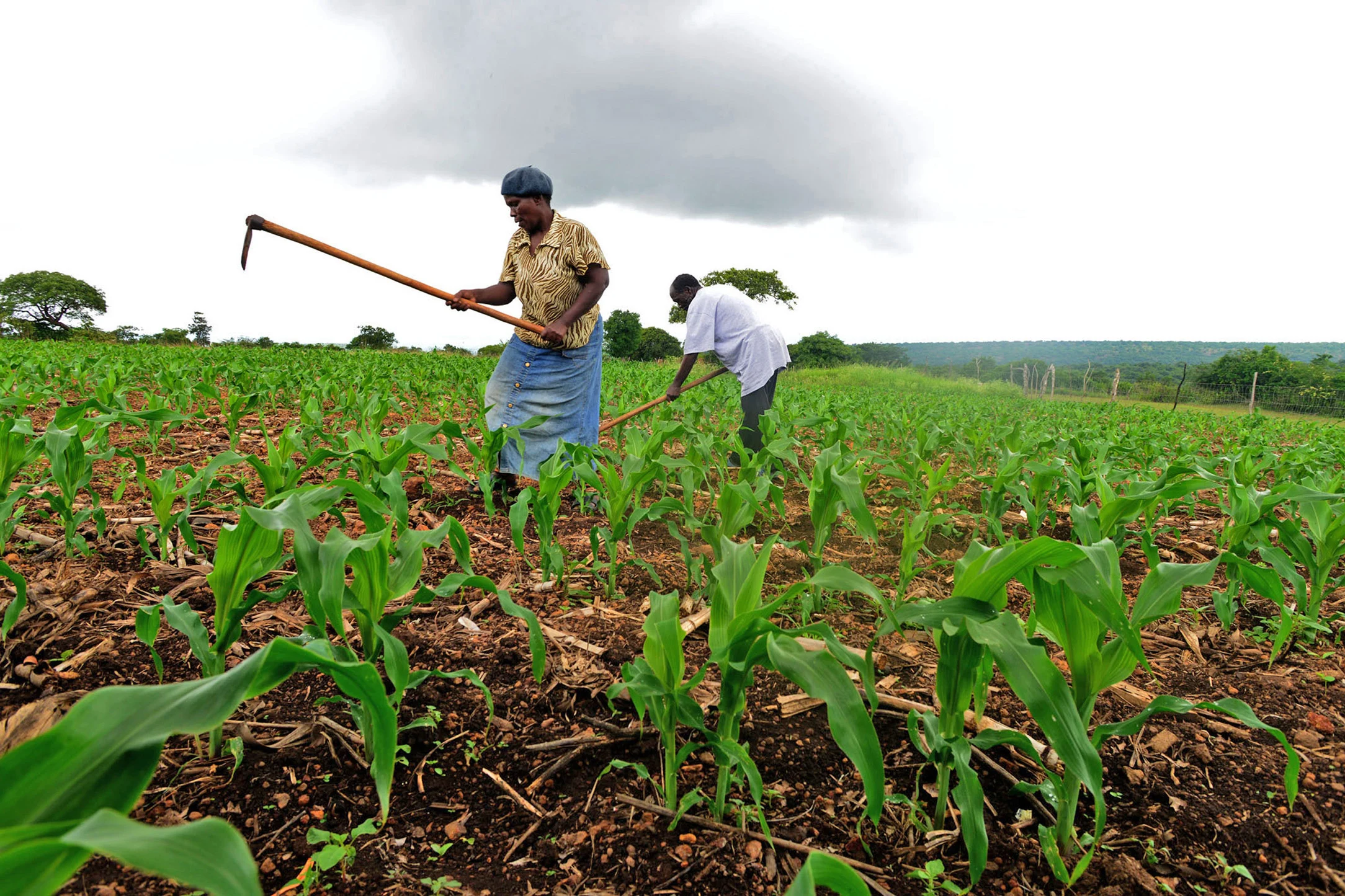The Israeli government has expressed a strong interest in investing in large-scale farming in Kenya through structured private-to-private partnerships, backed by both governments.
Amid declining global food production, particularly in wheat, due to the ongoing war in Ukraine, Israel’s business community is keen to tap into Kenya’s agricultural potential.
This was revealed during a meeting between Prime Cabinet Secretary Musalia Mudavadi and Israeli Agriculture Minister Avi Ditcher.
In the proposed arrangement, private Israeli investors will be allowed to invest billions of shillings in thousands of hectares of land over a possible 25-year period.
The produce would be exported through private channels under the facilitation of both governments.
“This is a private-private arrangement that will be supported by the governments of Kenya and Israel, ensuring the provision of necessary logistics and a conducive environment,” said Mudavadi.
Mudavadi emphasized that such investments are crucial for Kenya, allowing the country to make use of idle lands through private-sector initiatives.
Additionally, a portion of the produce would be sold locally, helping to reduce food prices.
“The biggest benefit for Kenyans will be the thousands of jobs created by the private sector once Israeli investors come in,” he added.
Mudavadi, who also serves as the Cabinet Secretary for Foreign and Diaspora Affairs, had a video conference with Ditcher, where they discussed agricultural cooperation between the two nations.
Israel is particularly interested in partnering with Kenyan farming entities in wheat production.
“These partnerships will be structured as private-to-private arrangements, with support and facilitation from both the Kenyan and Israeli governments,” said Ditcher.
The Israeli Agriculture Minister highlighted Kenya’s vast agricultural opportunities, driven by the availability of large tracts of arable land and a growing population.
He noted that Israeli farmers and companies had developed advanced technologies to help Kenya achieve higher food production with minimal water and soil resources.
“Israel is a leader in precision agriculture, which uses drones, sensors, and farm management software to boost yields. We want to bring this expertise to Kenya through our investors,” Ditcher said.
Senior officials from both countries were present at the meeting, including Abdishakur Hussein, Acting Deputy Director-General of the Ministry of Foreign and Diaspora Affairs, and Michael Lotem, Israel’s Ambassador to Kenya.
Kenyan government data indicates that agriculture contributes over 33 per cent of the country’s GDP, employs 40 per cent of the population, and accounts for 65 per cent of export earnings.
Mudavadi stressed that Kenya seeks Israeli technology to lower production costs and make local agricultural produce more competitive globally.
“By leveraging modern technology, Kenya aims to shift from a net importer to an exporter of agricultural goods,” he concluded.





